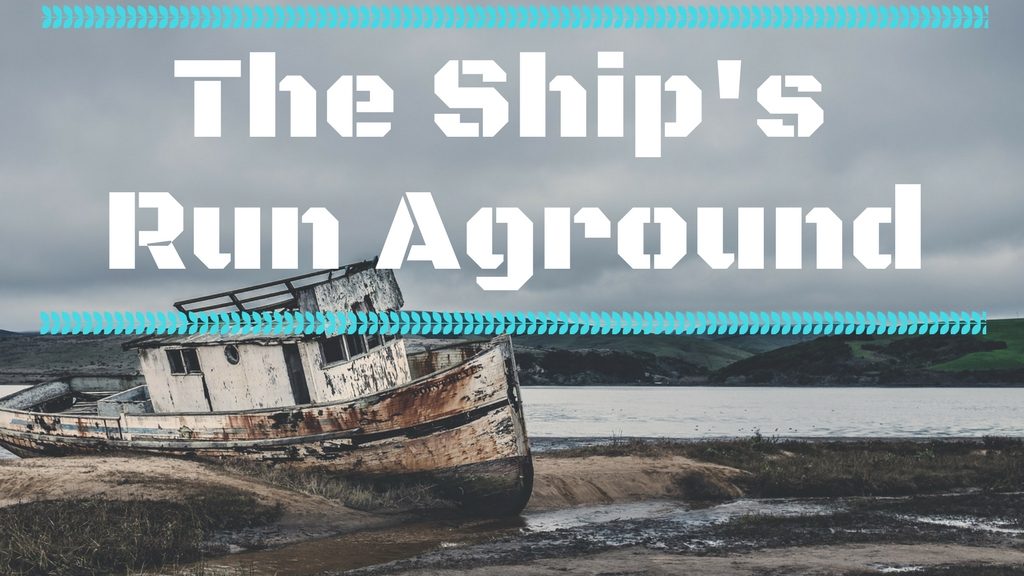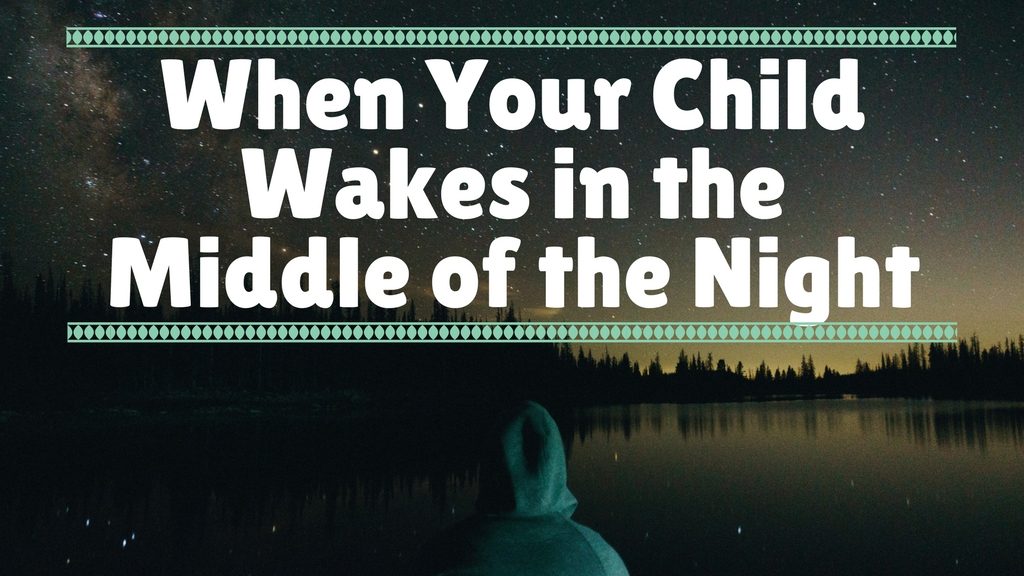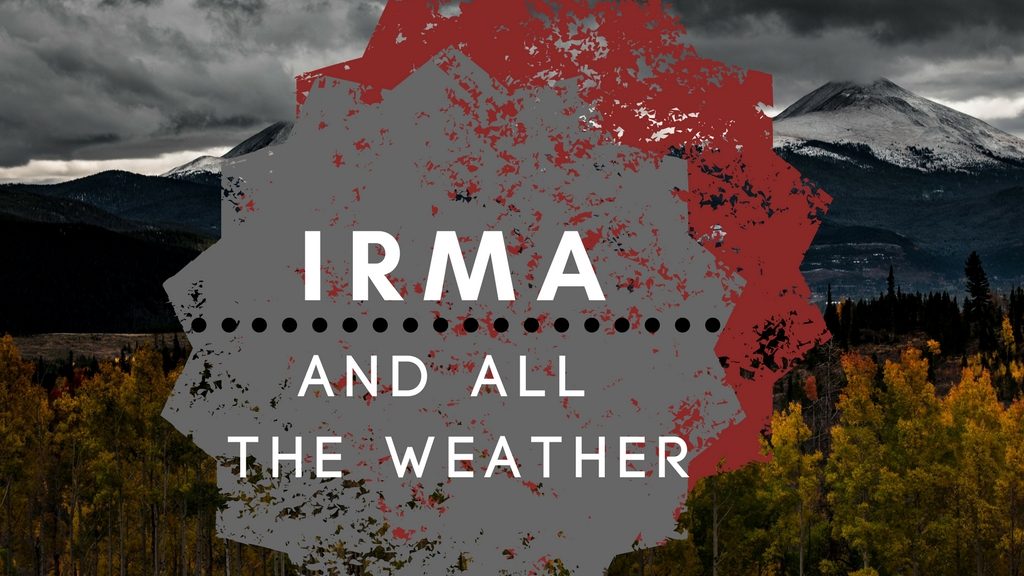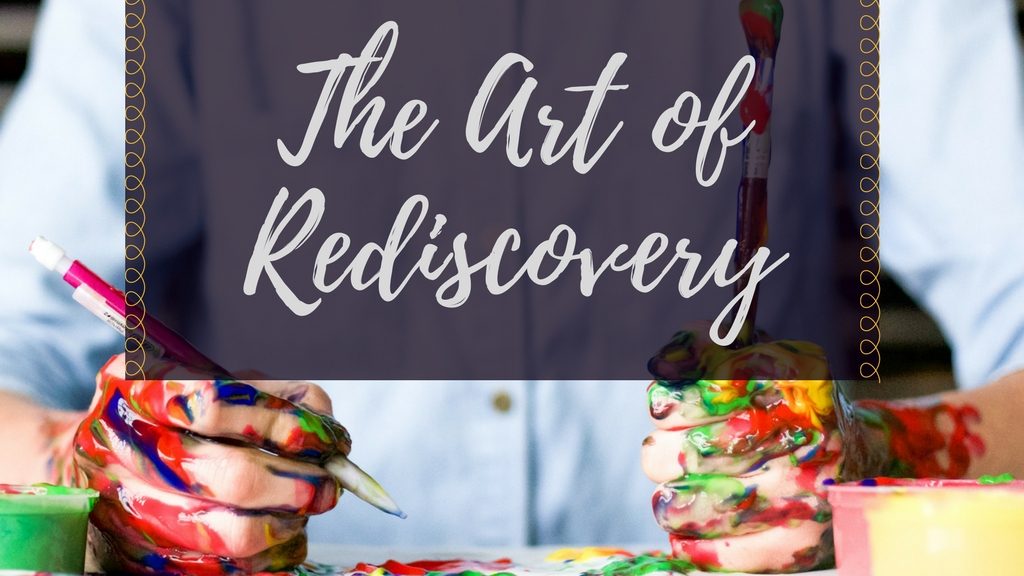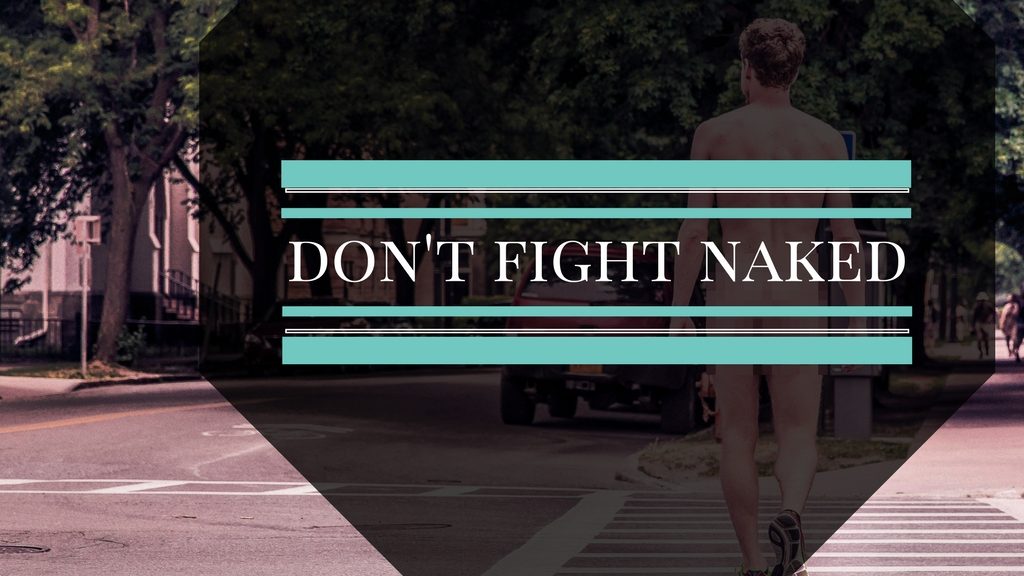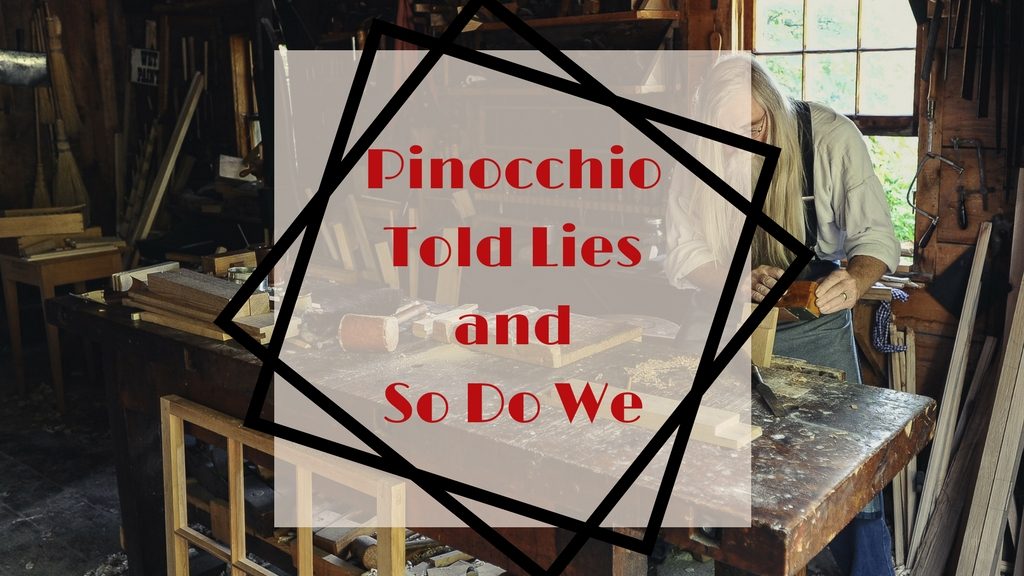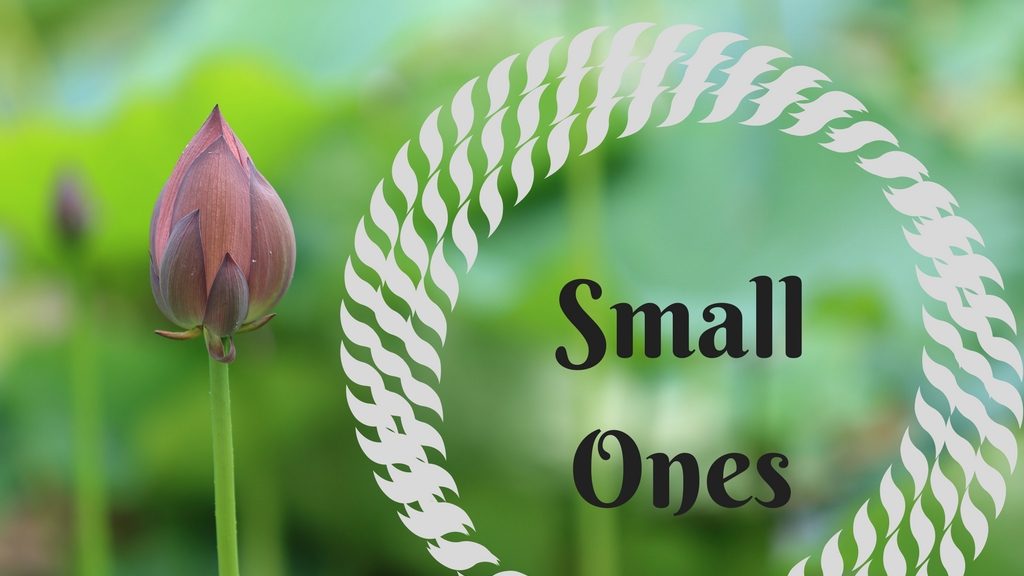The Ship’s Run Aground
A dear friend gave me a book last week. It’s Cultivate Vol. IV: Creativity Unlocked, a book created by Cageless Birds, designed to do just what it says: unlock creativity. It certainly does. (Please note that I am not getting paid to write this. I am simply sharing my life here.) The book is a kind of devotional. Most entries end with prompts that aim to help unlock creativity in those who dare to take the journey. The first prompt…
